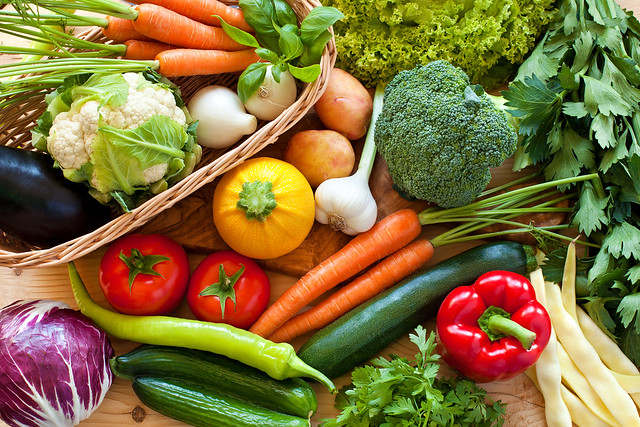
(Dr. Ben Chapman is a professor and food safety extension specialist at North Carolina State University.)
During these challenging times, it's especially important to know that we have a safe and strong food supply. Here's what scientists and Cooperative Extension experts at North Carolina State University are doing to help.
With funding from a USDA-National Institute of Food and Agriculture (NIFA) COVID Rapid Response grant, scientists and Cooperative Extension experts at North Carolina State University developed FoodCoVNET, an online resource bank of science-based information and training to help consumers and the food industry get the COVID-19 information they need. A group of food safety and virology specialists throughout the U.S. developed a formalized process for generating new knowledge about the transfer, persistence and inactivation of SARS-CoV-2 in the food sector, as well as outreach, communication and training resources building on currently available Extension materials.
FoodCoVNet began with the strong foundation of North Carolina State Extension's Safe Plates program. Their program, like Extension food safety programs nationwide, recognized consumers and industry needed reliable COVID-19 information to keep our food supply safe and a place to learn how to mitigate community spread of the virus.
NC State Extension is a trusted source of science-based facts and tools, including a comprehensive Count On Me NC program, to help make informed decisions and mitigate risks related to food. Extensions experts, supported by USDA-NIFA Smith-Lever capacity funds (PDF, 46 KB), helped lead the way to reopen and revive North Carolina’s $21.4 billion restaurant industry, which accounts for nearly 500,000 jobs or roughly 11% of employment in the state.
These efforts built upon the team’s ongoing work to answer questions and translate rapidly evolving COVID-19-related information to the food industry and others. In a few short months, NC State Extension’s food safety team held over 50 webinars, conducted over 300 media interviews resulting in over 1,000 media stories quoting team members, and created over 130 resources in 4 languages for the food industry to manage during the pandemic. In addition, approximately 400,000 individuals received 609 COVID-19-related consumer messages on social media.
Available materials include info sheets, signage, and social media graphics about takeout food safety, grocery shopping, bulk meat sales, face coverings, produce concerns, retail establishments, employee health, receiving and packaging food, food banks, farmers markets, agribusiness, and gardening. Resources were distributed across a network of institutions, primarily Extension-focused land-grants, but also including other universities, local and state health departments, and public health educators.
To date, 45 states, including more than 30 land-grant institutions, have used NC State Extensions co-branding agreement to quickly deliver much needed information to consumers nationwide.





修改评论